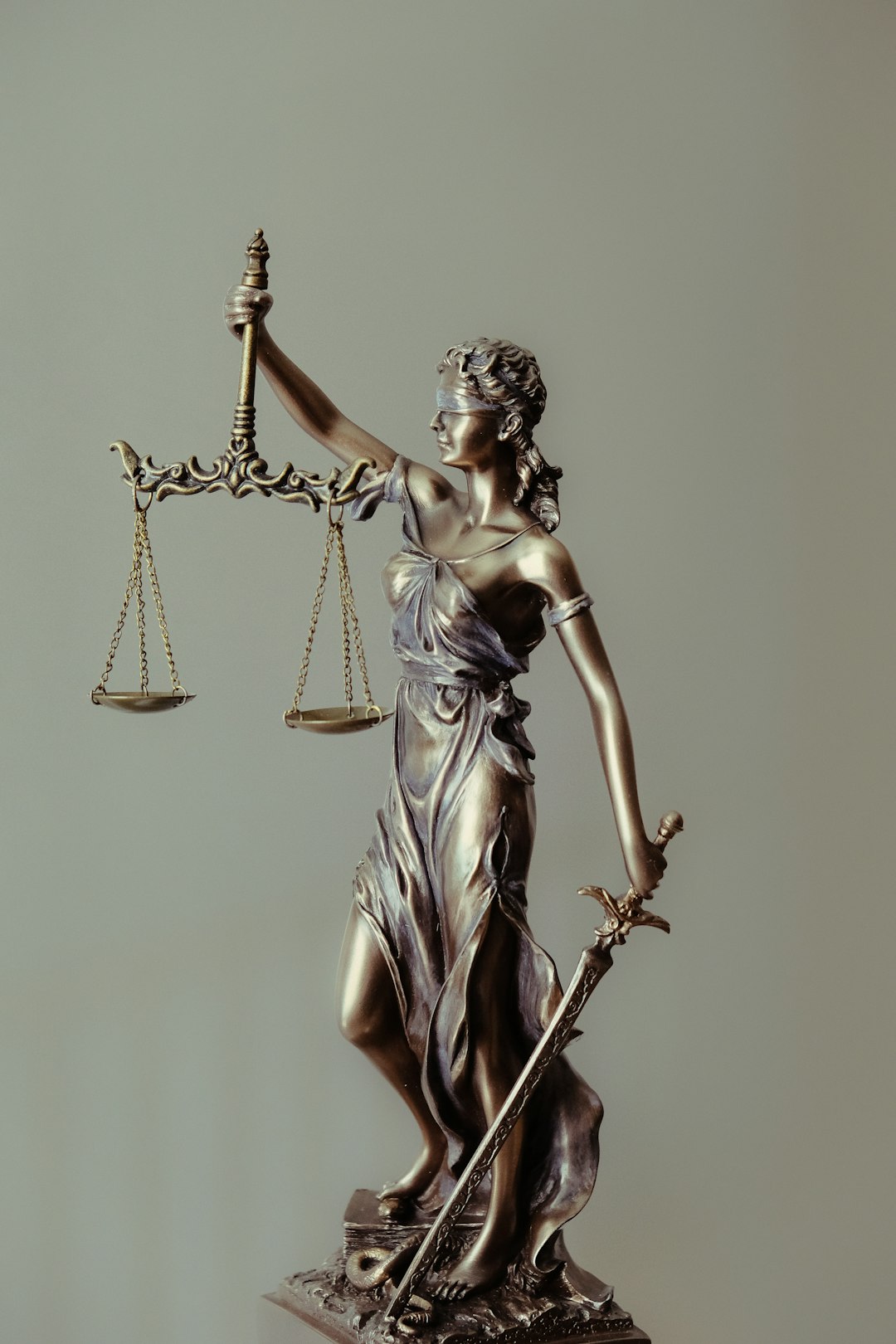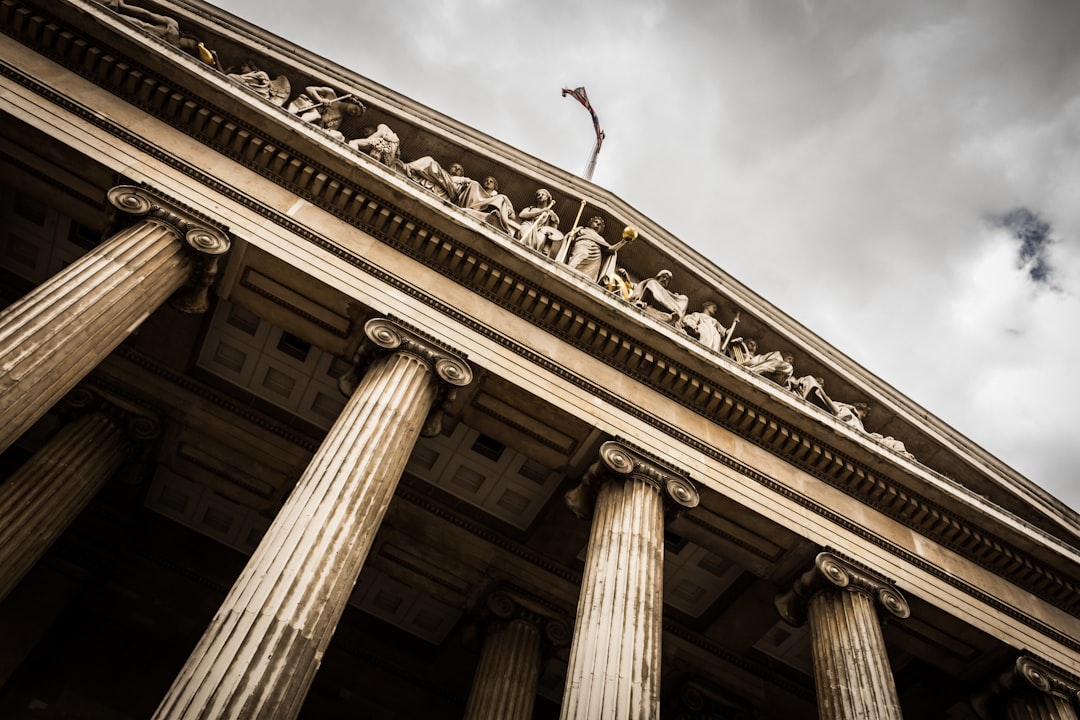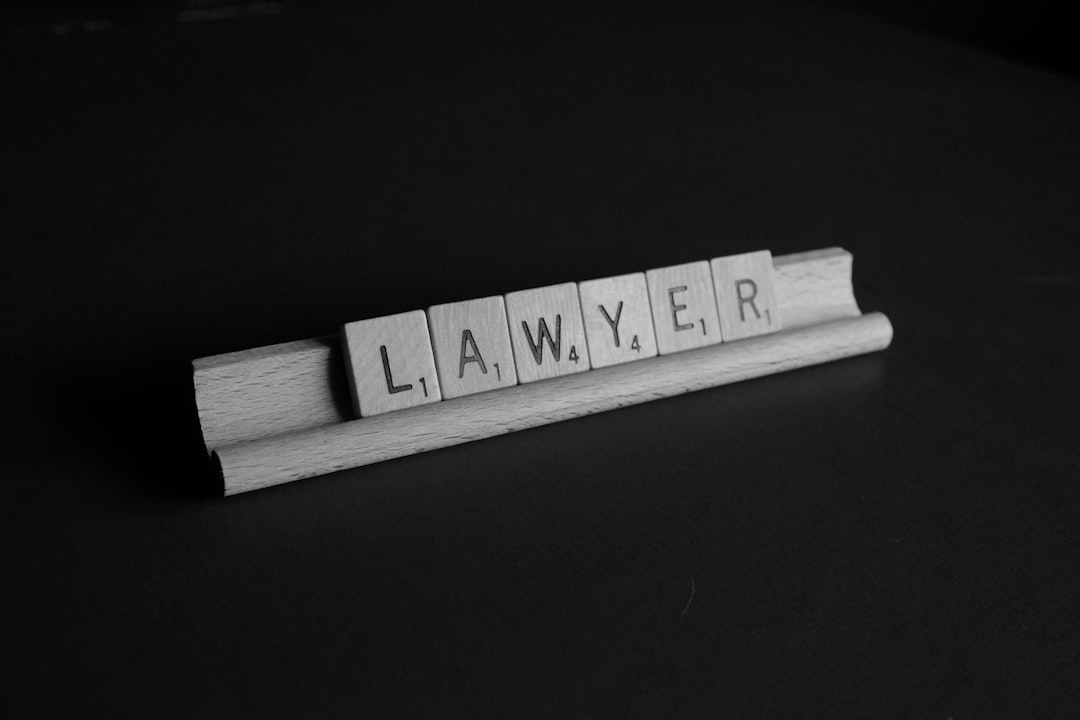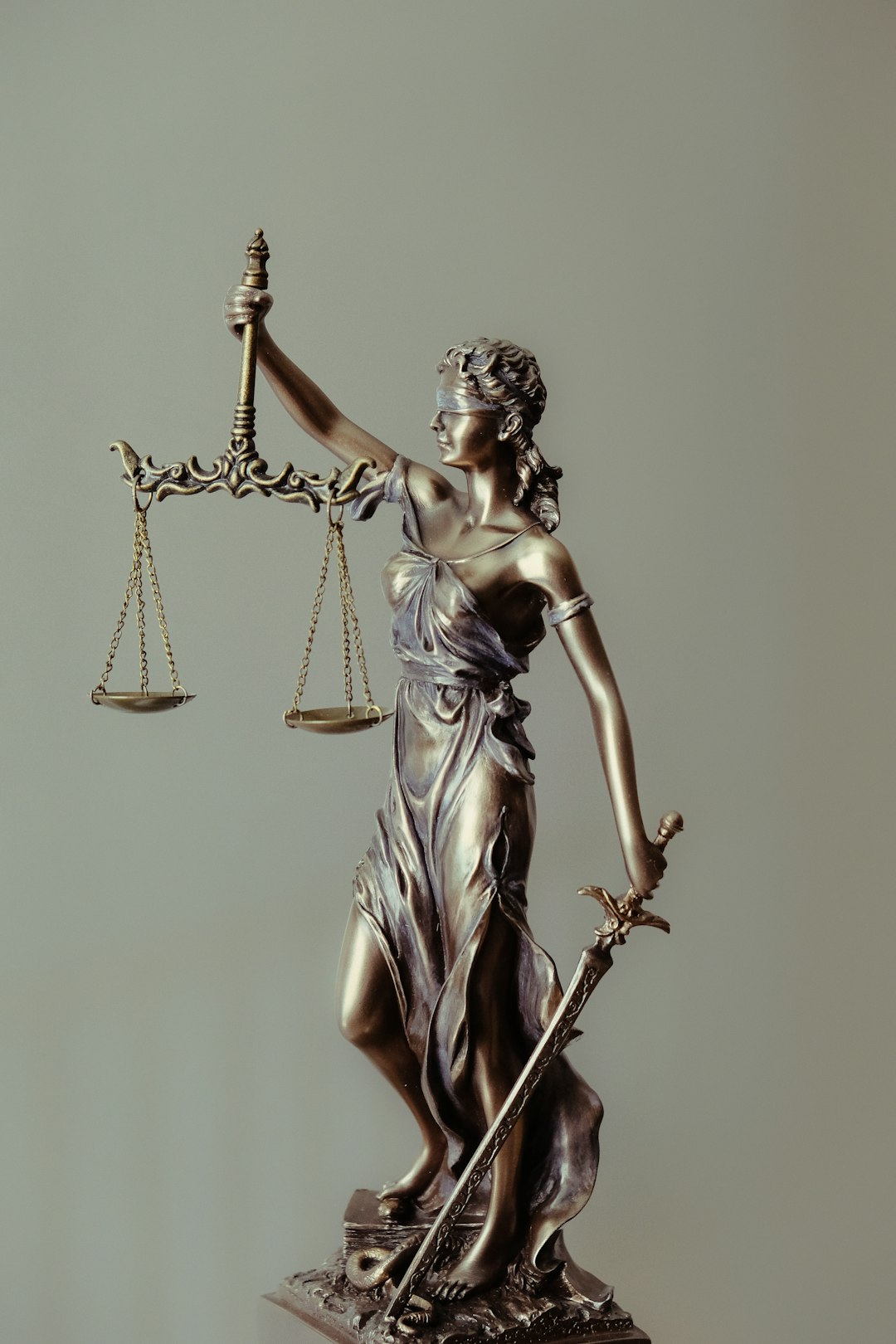New York City residents are protected by both state and local laws regarding debt collection practices. When disputing errors, consumers should verify debt validity, maintain accurate records, and communicate in writing. Debt collectors must provide accurate info and stop contact if verification isn't possible within a reasonable timeframe. Violations of NYC's debt collector laws can lead to legal action by the New York City Commission on Human Rights (NYCHR).
Navigating New York City’s debt collection landscape can be complex, especially when errors occur. This guide breaks down the intricate process of disputing debts in the city, focusing on understanding local debt collection laws, identifying and documenting inaccuracies, and effectively contesting claims with collectors. Learn how to protect your rights under NYC debt collection regulations, explore legal avenues for unfair practices, and gain insights into ensuring a fair and transparent resolution.
Understanding NYC Debt Collection Laws

In New York City, debt collection practices are governed by both state and local laws, designed to protect consumers from unfair or abusive tactics. Understanding these laws is crucial for anyone facing a debt collection dispute. The Fair Debt Collection Practices Act (FDCPA) sets national standards for how debt collectors must conduct themselves, including restrictions on when and how they can contact you, the need to verify debts, and limitations on using or threatening harmful language.
New York City has its own set of regulations that complement these federal laws. Local laws address issues like the validity of debt, the amount charged for collection services, and the procedures for filing lawsuits related to debts. If a debt collector violates these rules, individuals have the right to dispute the debt and seek legal recourse. Being aware of your rights under NYC debt collection laws is an essential step in navigating a potential dispute effectively.
Identifying and Documenting Errors

When disputing a debt collection error in New York City, the first step is identifying and documenting the inaccuracies. Consumers should meticulously review all communications and documentation related to the debt, looking for any discrepancies or violations of NYC debt collector laws. This includes verifying the validity of the debt, checking the accuracy of the amount owed, and examining the methods used by the collector to obtain payment.
Accurate record-keeping is crucial in this process. Consumers should keep copies of all correspondence, including letters, emails, and phone logs. Documenting conversations with collectors, as well as any promises or agreements made, can serve as valuable evidence if the dispute escalates. Additionally, consumers may want to take photos of any relevant documents for added security.
Disputing Debts with Collectors

When faced with a perceived error in a debt collection process, it’s crucial to understand your rights under New York City’s debt collector laws. According to the New York City Administrative Code, debt collectors must provide accurate information and adhere to fair practices when attempting to recover debts. If you believe there has been a mistake, the first step is to gather all relevant documentation and communicate with the collector in writing. This includes providing proof of any payments made, dispute letters from creditors, or any other material that supports your claim.
In New York City, debt collectors are required to verify the validity of a debt before proceeding with collection activities. They must also stop contacting you if they cannot verify the debt within a reasonable timeframe. Consumers have the right to request validation of the debt and, if the collector fails to comply, it can lead to legal action. It’s essential to know your rights and act promptly to avoid any potential negative impact on your financial standing.
Legal Recourse for Unfair Practices

In New York City, individuals facing debt collection errors have legal recourse under the city’s strict debt collector laws. If a debt collector violates these laws, such as through unfair practices or harassment, affected parties can take action to protect their rights. According to the New York State Division of Human Rights, debt collectors are prohibited from using deceptive or misleading tactics, making false statements, or employing aggressive behavior when attempting to collect debts.
Victims of such practices can file a complaint with the New York City Commission on Human Rights (NYCHR), which has jurisdiction over unfair debt collection methods. The NYCHR investigates complaints and, if violations are found, can issue cease-and-desist orders and even pursue legal action against the offending debt collector. Understanding these protections is crucial for NYC residents navigating debt collection disputes, ensuring they have recourse when faced with unethical or illegal practices.






